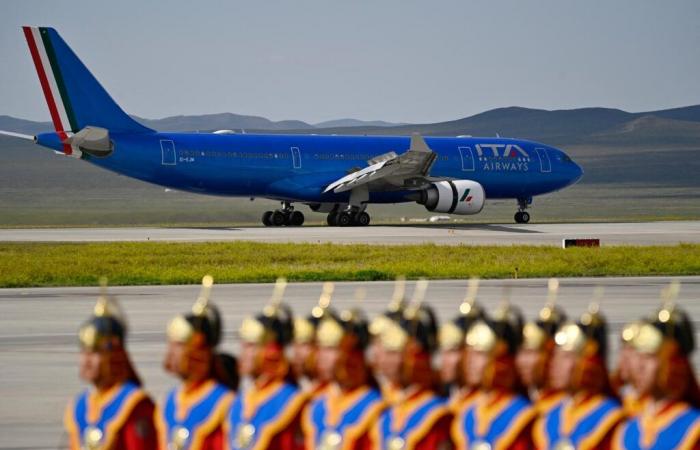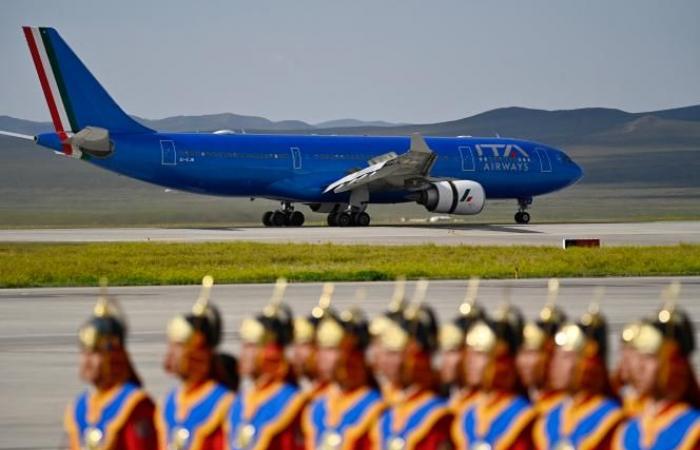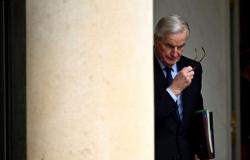Twenty years that air transport has been consolidating in Europe, since the merger of Air France and the Dutch KLM in 2004, followed by those of Lufthansa with the Swiss and Austrian companies, then British Airways with the Spanish Iberia in 2010. movement is not over, and the skies of the Old Continent will more or less resemble the airspace of the United States, where four behemoths (American, United, Delta and Southwest) dominate… half a century after the Airline Deregulation Act of 1978 – the deregulation of the aeronautical market. Even the European Commission, so vigilant about competition for the benefit of consumers, knows that we have to go through these marriages.
Read also | Air transport: Rome validates the sale of part of ITA Airways to Lufthansa
Read later
It thus gave its final green light, Friday November 29, to the absorption of ITA Airways (formerly Alitalia) by Lufthansa, recognizing the inability of several transalpine governments to safeguard the “Italianness” of the company. The German giant had to accept the “remedies” demanded by Brussels, abandoning airport slots on the peninsula and to European cities where airports are saturated.
They will go to the low-cost airline easyJet, Air France-KLM and International Airlines Group (IAG), parent company of British Airways and Iberia. Lufthansa will acquire 41% of ITA for 325 million euros, a price fiercely negotiated with the government of Giorgia Meloni, before a probable increase to 100% in the years to come.
Weakened by the pandemic
Several large operations remain underway in a European market that is still fragmented: the partial privatization of TAP Air Portugal by the Lisbon government, which is of particular interest to Air France-KLM; the probable rise of the Franco-Dutch group in the capital of the Scandinavian SAS currently undergoing recovery beyond the 19.9% held since August; the sale of the Spanish Air Europa, after the recent withdrawal of IAG and an emergency recapitalization in October.
These mergers are part of a long-term trend. Companies were weakened by the Covid-19 pandemic in 2020, even if traffic returned to its pre-health crisis level. They must above all finance the decarbonization of their fleets with the objective stated by the sector of reaching zero net emissions in 2050. And raise a double mortgage, over which they have no control: the delays of Airbus and Boeing, and the insufficient production of “green” fuels.
France







